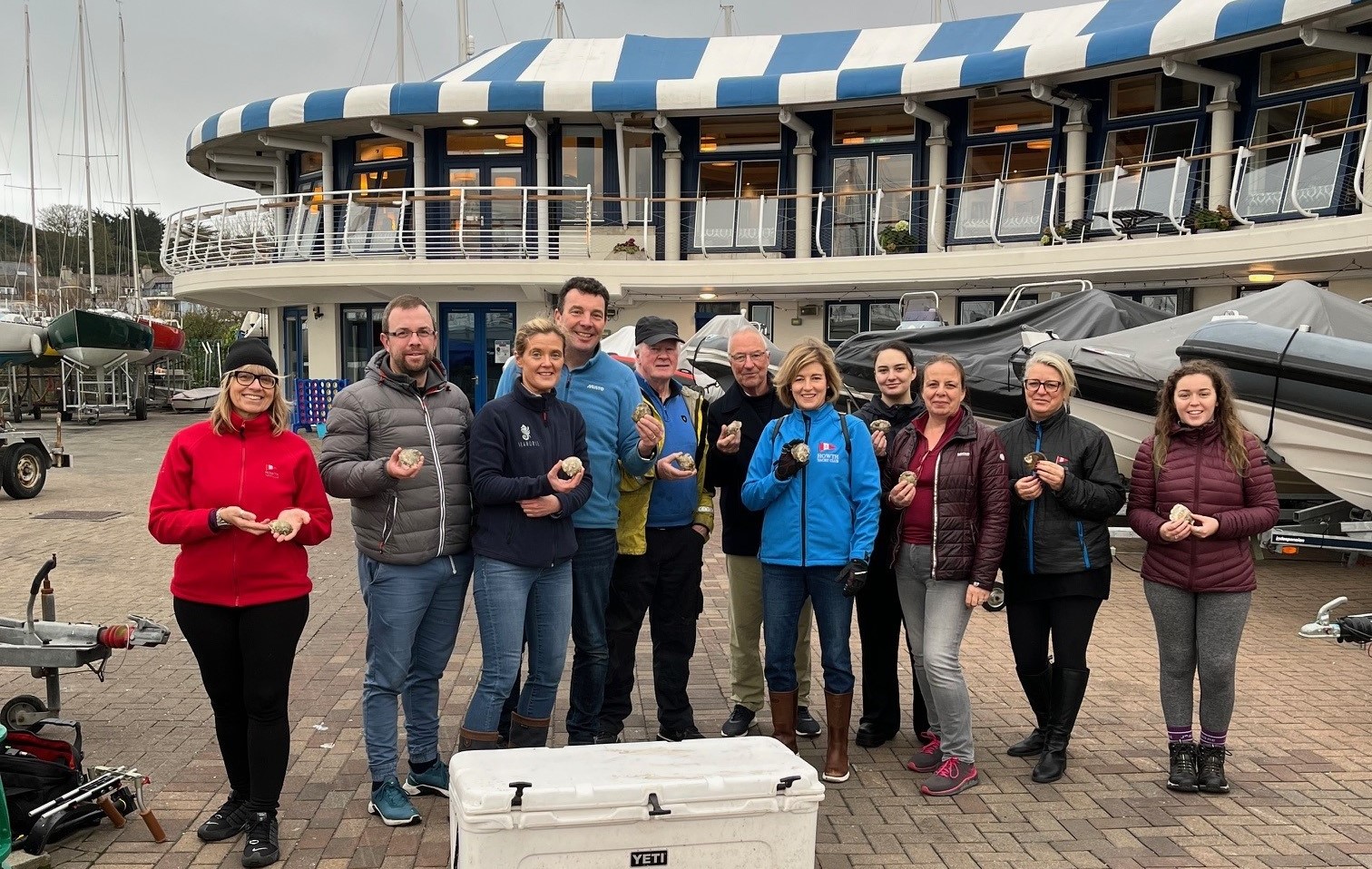The Green Ocean Oyster Restoration Project in Dublin Bay is an ambitious marine conservation initiative aiming to restore the native European oyster (Ostrea edulis) population to rebuild lost biodiversity by improving water quality and capturing carbon.
Following the success of Phase 1, Phase 2 is now underway, promising to scale up restoration efforts while deepening community engagement and scientific research. This phase is a significant milestone in reversing decades of habitat degradation and reintroducing a keystone species vital to marine ecosystems.
The Importance of Native Oysters in Dublin Bay
Native oysters were once abundant in Dublin Bay, playing a critical role in maintaining the health of the marine environment. These shellfish are natural filter feeders, capable of filtering up to 190 litres of water per day. By doing so, they remove excess nutrients and improve water quality, supporting a diverse range of marine life.
However, overfishing, habitat destruction and pollution led to a sharp decline in native oyster populations. The loss of these ecosystems has had cascading effects on biodiversity, coastal water quality, and the resilience of marine habitats to climate change.
Phase 1 Complete
Phase 1 of the project which commenced in November 2024 in 3 locations around Dublin Bay (Dun Laoghaire, Poolbeg and Malahide) observed consistent oyster growth, low mortality and oyster spawning and reproduction.
David Lawlor who leads the Green Ocean Project says, “Reaching this stage of the project marks a significant milestone in proving that oysters can successfully survive and reproduce in the waters of Dublin Bay. We are now looking ahead with great optimism to expanding the initiative this year and beyond. Our goal is to establish a self-sustaining broodstock of native oysters in Dublin Bay, which will not only enhance biodiversity but also contribute to the development of oyster and seaweed reefs, supporting the recovery of fish stocks and the expansion of seagrass beds which are important in capturing carbon from the atmosphere.”

Phase 2: Scaling Up for Impact
The next phase will see the addition of Howth Yacht Club, The Royal St George Yacht Club and The National Yacht Club as the three new hosts to a combined 60 oyster gardens containing 900 native oysters. 10 additional oyster gardens will be installed in Malahide. Annually it is expected that 1.3 billion litres of water will be filtered through the 120 oyster gardens located across the bay, removing nitrates and algae. The project also supports research by students from University College Dublin and Trinity College Dublin who monitor the oyster restoration locations in Dublin Bay and track biodiversity improvements.

Incorporating The Green Ocean Foundation CLG ‘Not for Profit’
The Green Ocean Foundation CLG was established as a ‘not for profit’ organisation to expand the reach and impact of marine conservation through meaningful collaboration with businesses and community groups. Its mission is to restore lost biodiversity, improve water quality, and capture carbon in Irish waters by fostering collective action. The foundation prioritises creating practical, science-based solutions and raising widespread awareness about critical marine ecosystems. Education and community outreach are at the heart of its approach, inspiring joint efforts to safeguard and revitalise coastal environments. By focusing on initiatives that are both impactful and sustainable, the foundation ensures long-term benefits for nature and local communities alike.
Looking Ahead
The ultimate vision of the Green Ocean Foundation’s Oyster Restoration Project is to create self-sustaining oyster populations that thrive without human intervention. Phase 2 is a crucial step toward this goal, laying the groundwork for ecological, social, and economic benefits. Healthy oyster reefs can transform Dublin Bay into a vibrant marine ecosystem, enriching biodiversity while fostering eco-tourism and carbon capture.
As the project progresses, the Foundation remains committed to transparency and inclusivity. With continued public and private support, the Oyster Restoration Project is poised to leave a lasting legacy for generations to come.
To learn more or get involved in this transformative initiative, visit the Green Ocean Foundation’s website. Together, we can restore the heart of Dublin Bay, one oyster at a time.


